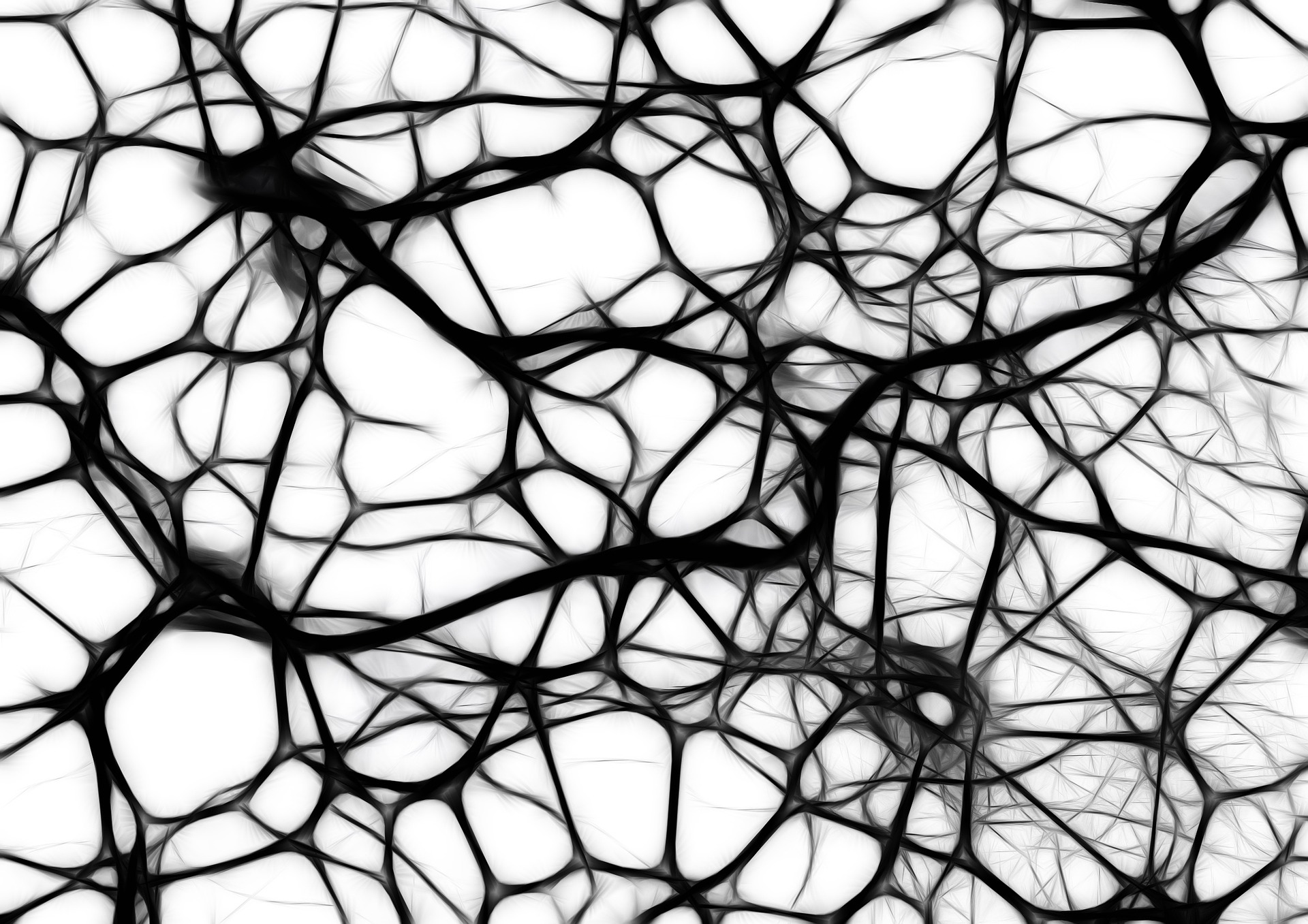Digest #138: What Can (and Can't) Neuroscience Tell Us About Education
by Althea Need Kaminske
Our brains are fascinating. It continues to astound me how rich, complex, and alive our brains are. Though I am not a neuroscientist by training, I currently have the privilege of directing the Behavioral Neuroscience program at my university (I am, however a cognitive psychologist by training so I know an awful lot about the behavioral part of the program). I love working with students in this program because we get to talk about, well, everything. We talk about how their chemistry coursework informs their psychology coursework. How their statistics coursework informs their biology coursework. We talk about how learning works in a classroom, in an experiment, in the areas of the brain, and even all way down to the level of the synapse. It’s great.
Image from Pixabay
So, trust me when I say that I am all for cross-talk and communication between neuroscience and education. However, with the increasing excitement surrounding neuroscience research I feel it’s necessary to discuss some of the limitations of the ability of neuroscience to inform and influence educational practice. This digest collects a few different resources that examine this relationship between neuroscience and education.
1) All Learning is Brain Learning by Cindy Nebel @PsyDocCindy
Here is a previous blog from us, by Dr. Cindy Nebel, that covers how learning happens in the brain and addresses some of the misleading hype about “brain learning”. Be wary of any source telling you that it’s addressing “brain learning”. As Dr. Nebel explains ALL learning is brain learning.
2) The Emerging Role of Educational Neuroscience in Education Reform by Janet Zadina
This article gives an overview of the history, and potential future directions for, Educational Neuroscience. It emphasizes the importance of not over-extending conclusions from neuroscience, as well as the need to involve educators in the development of research questions.
3) Neuroscience: implications for education and lifelong learning by the Royal Society
This document gives an overview of some important findings from neuroscience and how they might apply to education while addressing some of the challenges that this area faces. Though it was written in 2011, they already note: “There is already a glut of books, games, training courses, and nutritional supplements, all claiming to improve learning and to be backed by science… At worst, this industry creates ‘neuro-myths’ that can damage the credibility and impact of authentic research.”
Image from Pixabay
4) Neuormyths: The 10 Top Misconceptions about your Brain by Thomas Moran
Speaking of Neuromyths, this blog post provides an overview of some of the most commonly believed Neuromyths.
5) Objections to Jo Boaler’s Take on Neuroscience and Math Education by Daniel Willingham and Daniel Ansari
In this blog post the authors disect a recent Time Magazine article that made some strong claims about how mathematics should be taught on the basis of neuroscience research. The authors address a number of issues with these claims.
In each digest, we pick a theme and provide a curated list of links. If you have a theme suggestion, please don’t hesitate to contact us! Occasionally we publish a guest digest, and If you'd like to propose a guest digest click here. Our 5 most recent digests can be found here:
Weekly Digest #133: Technology for Math Learning
Weekly Digest #134: How to Sleep Well
Weekly Digest #135: SoTL Researcher Spotlight II
Weekly Digest #136: Optimizing Lecture Capture
Weekly Digest #137: Lessons Learned From Learning Scientists Teacher Workshops




